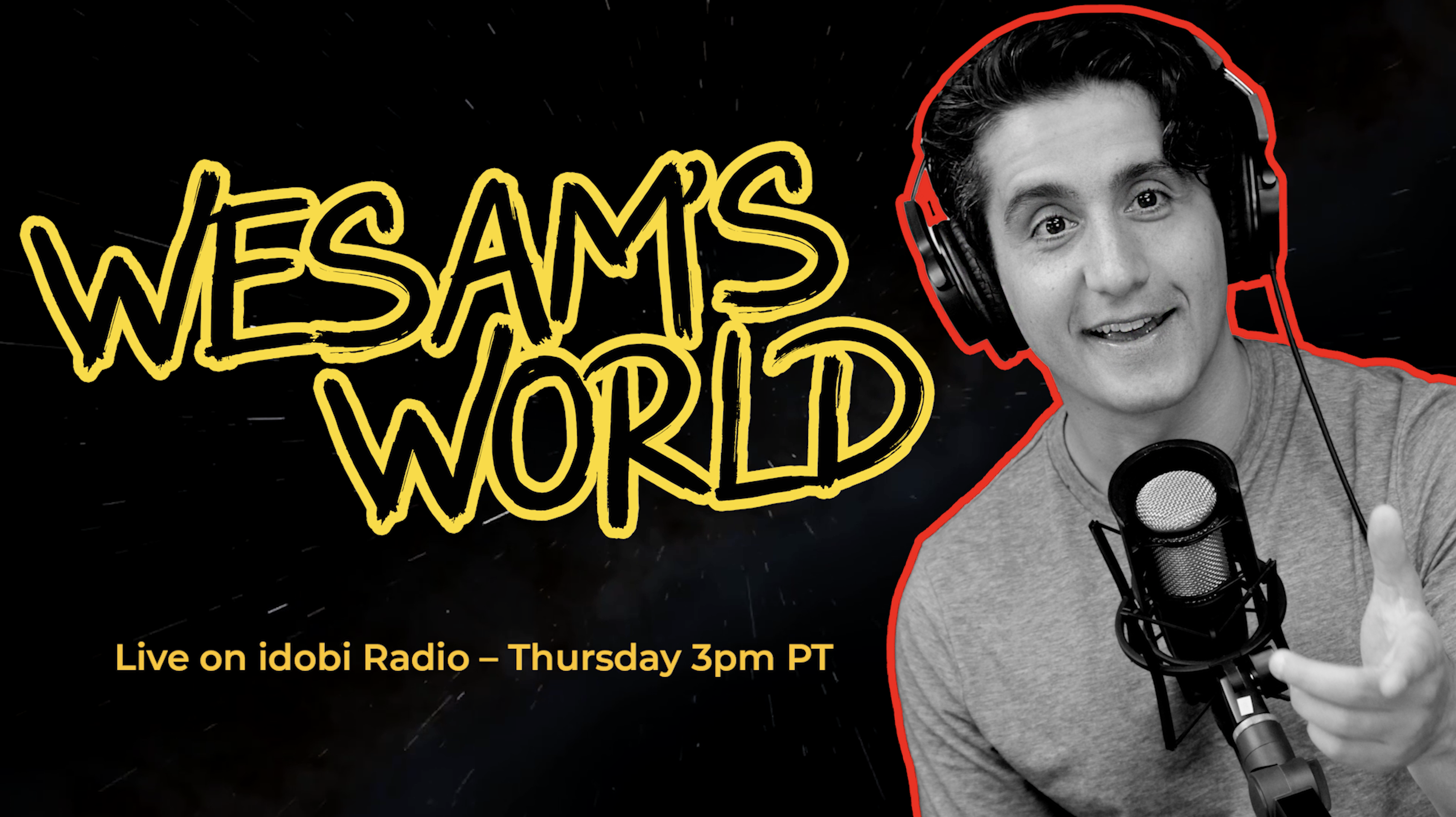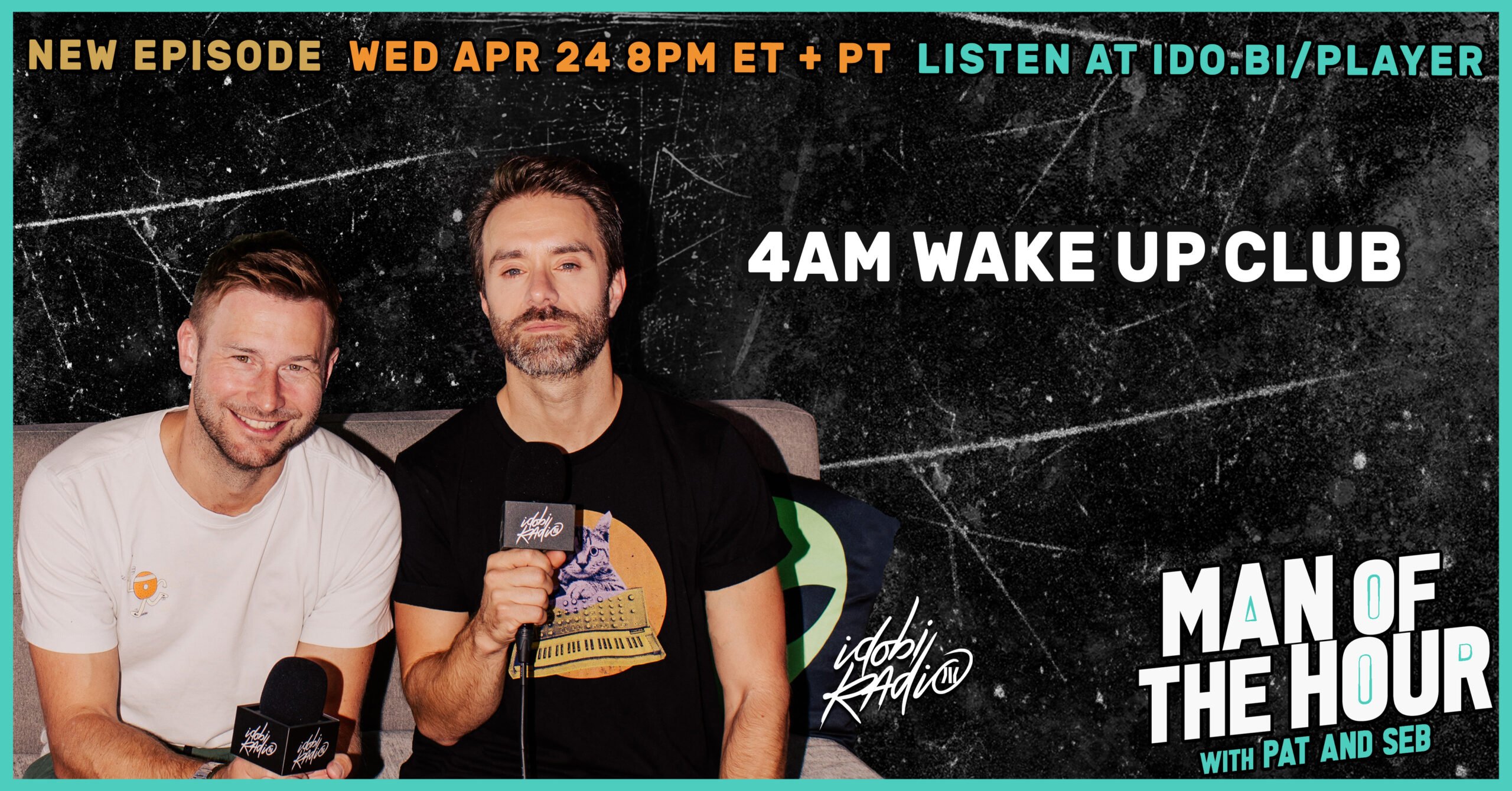The world’s biggest music labels on Wednesday said they have offered major concessions to a group of angry pop stars to try to settle a high-profile dispute regarding recording industry contracts.
But a representatives for the artists, who have been lobbying for a change to California labor law, said that a settlement was still not in sight.
“I want the artist community to know that the record companies came to the table with substantial compromises and it’s now in the artists’ hands,” said Hilary Rosen, president and chief executive officer of the Recording Industry Association of America (RIAA).
Rosen said the RIAA, which represents all the big labels, including Bertelsmann AG, EMI Group Plc, AOL Time Warner Inc., Vivendi Universal and Sony Corp., has offered several key concessions during negotiating sessions in recent months.
But Jay Cooper, one of the entertainment attorneys involved in the negotiations on behalf of the artists, said the two sides were still apart on several major issues.
“I don’t want to negotiate in the press,” Cooper said. “It’s too delicate. There are too many issues. Whether we’ll settle or not, I have no idea.”
The negotiations have come in part at the urging of the California lawmakers who are considering a repeal of a controversial amendment to the state labor code that allows recording to be tied to record contracts for more than seven years, longer than talent in industries like television and sports.
The bill proposing that change was the result of lobbying by the Recording Artists Coalition, led by stars like Don Henley, Sheryl Crow and the Dixie Chicks, who banded together against the labor code amendment.
The record label concessions offer significant restrictions on the amount of damages labels could seek from an artist who breaks his contract after seven years compared to current law.
Another concession would allow artists, in many cases, to satisfy significant obligations and avoid damages by delivering just one additional album, even if the contract requires more.
“This could be a historic agreement. It would dramatically reshape the artist-label relationship and instill critical certainty into the marketplace at a time when the entire industry needs it,” Rosen said.
The biggest hurdle to reaching a deal was the issue of retroactivity, Rosen said. Artists’ representatives want to make contract changes rendered by any deal retroactive, she said.
If applied retroactively, for example, an artist who signed a six-album deal and received handsome upfront advances could walk away after two albums, she said.
“The record company would be limited to damages on two albums instead of four, regardless of how much had already been invested. That’s simply not fair and it’s bad public policy,” she said.
The dispute between the two sides has come amid a broader artist rights movement. In the past few months, Rev. Al Sharpton and attorney Johnnie Cochran launched a movement to reform record label business practices.





























